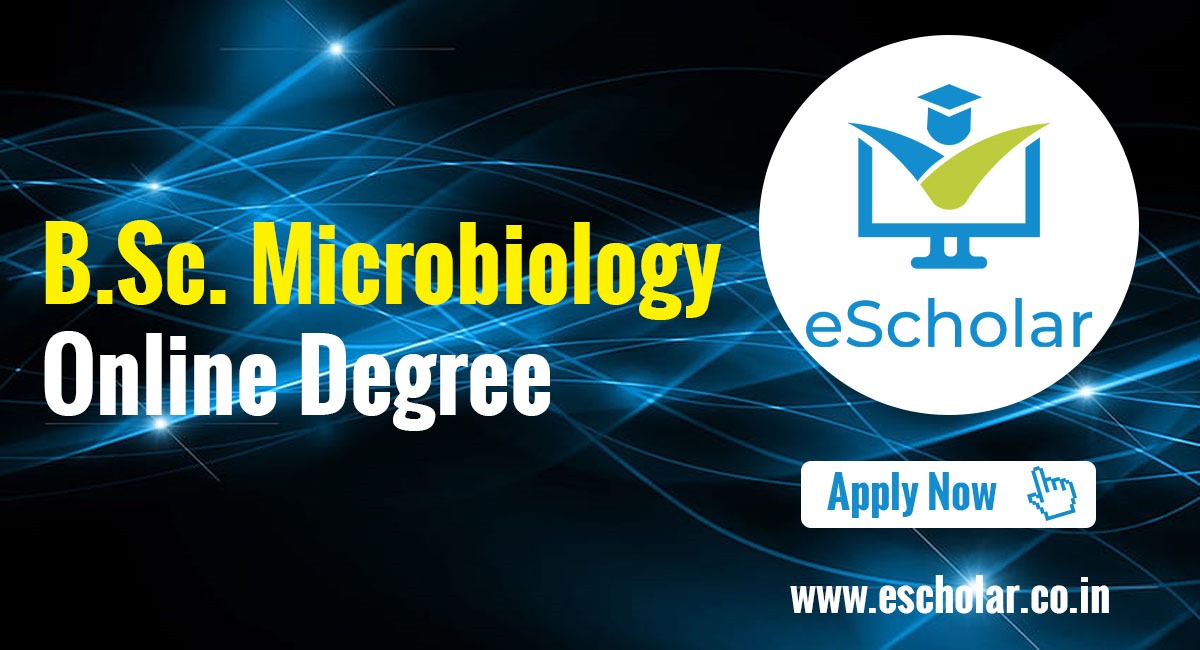B.Sc Microbiology program Details, Subjects, Career.

Welcome to the captivating realm of microorganisms with the Bachelor of Science (B.Sc.) in Microbiology. This program is not just about studying the unseen world of microbes; it’s about unraveling the secrets of life at its tiniest scale. Let’s delve into the essentials of the B.Sc Microbiology program, from its introduction and duration to the multitude of opportunities it offers to aspiring microbiologists.
The B.Sc. Microbiology course is a fascinating journey into the microscopic world, where students explore the structure, function, and significance of microorganisms. From bacteria and viruses to fungi and protozoa, this course delves into the diversity of life at the microbial level. It stands at the intersection of biology, chemistry, and health sciences, offering a comprehensive understanding of the roles microbes play in various ecosystems.
Course Duration and Eligibility:
B.Sc. Microbiology degree typically spans three years, providing students with an in-depth exploration of microbiology. The eligibility criteria often include completing higher secondary education with a strong background in biology and chemistry. This ensures that students have a solid foundation in the sciences before delving into the intricacies of microbiology.
Why choose this course:
Choosing the B.Sc. Microbiology course is opting for an exhilarating voyage into the invisible world that profoundly influences life on Earth. This program is tailor-made for individuals who are curious about the microbial universe and its impact on health, agriculture, and the environment. It offers a unique blend of theoretical knowledge and practical skills, preparing graduates for diverse roles in the field of microbiology.
Major Subjects and Syllabus:
The curriculum of the B.Sc Microbiology program is meticulously designed to cover a range of major subjects essential for a comprehensive understanding of microbiology. Key subjects include:
Microbial Physiology:
Understanding the metabolic processes and functions of microorganisms.
Medical Microbiology:
Studying microbes relevant to human health, diseases, and immunology.
Industrial Microbiology:
Exploring the use of microorganisms in industrial processes, such as fermentation.
Environmental Microbiology:
Investigating the role of microbes in environmental processes and pollution control.
Microbial Genetics:
Unraveling the genetic mechanisms and variations among microorganisms.
Skills Developed from this course:
Graduates from the B.Sc Microbiology program develop a versatile skill set, including:
Microbial Analysis Techniques:
Proficiency in using techniques like microscopy and molecular biology for microbial analysis.
Research and Experimentation:
Conducting experiments and research to advance the understanding of microorganisms.
Critical Thinking:
Analyzing and interpreting complex data related to microbial studies.
Laboratory Techniques:
Mastering laboratory techniques for microbial culture, isolation, and identification.
Communication and Reporting:
Effectively communicating findings through reports and presentations.
Job sectors available:
The B.Sc. Microbiology degree opens doors to a variety of exciting career opportunities, including:
Microbiologist:
Conducting research and experiments to understand and apply microbial principles.
Medical Laboratory Technologist:
Performing diagnostic tests and analyses in medical laboratories.
Environmental Consultant:
Advising on environmental issues related to microbes and pollution.
Quality Control Specialist:
Ensuring the quality and safety of products in industries like food and pharmaceuticals.
Biotechnologist:
Working in biotechnology companies to develop new products and processes.
Conclusion:
Embarking on the B.Sc. Microbiology course journey is not just about studying microbes; it’s about understanding the fundamental building blocks of life and their impact on our world. B.Sc. Microbiology degree stands at the intersection of scientific curiosity and practical applications, offering a unique opportunity to contribute to fields ranging from medicine to industry.
As you consider this dynamic field, envision yourself as a key player in unraveling the mysteries of the microbial universe. Your journey toward becoming a proficient and influential microbiologist begins here, where each lesson and practical experience propels you toward a future where your understanding of microbes contributes to advancements in health, technology, and the environment. Dive into the microscopic world and embark on a journey where every discovery unfolds a new chapter in the story of life.
For More Details:
E-Mail: studentsupport@escholar.co.in
Visit: www.escholar.co.in


